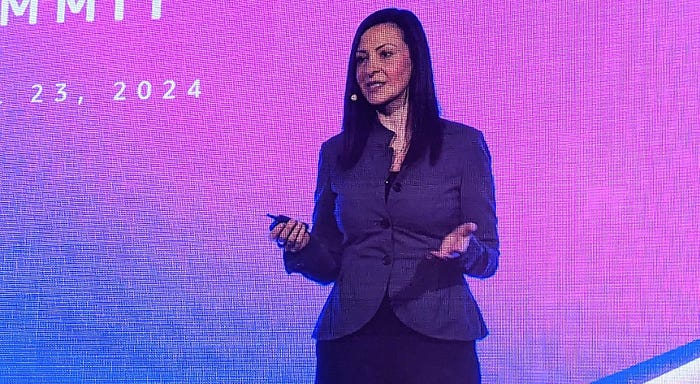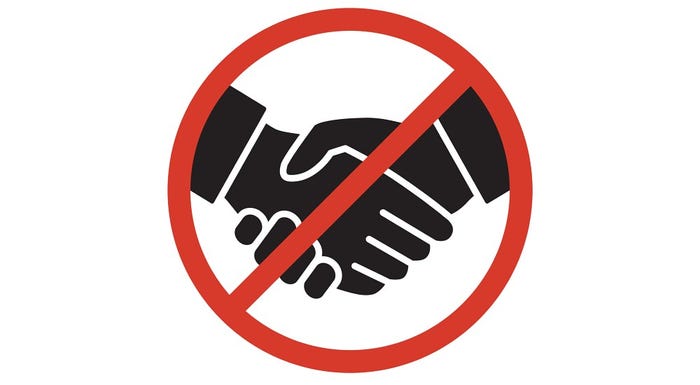Cloud Computing News & Updates
Welcome to our Cloud News & Updates page, designed for channel partners, advisors and tech vendors. Stay informed on the latest trends, services, and innovations in cloud technology. Explore breaking news, cloud market analysis and expert insights to empower your business and better serve your clients in the dynamic cloud computing landscape.
CISPE and Broadcom in tug-of-war
Channel Business
CISPE and Broadcom: VMware Tussle Continues as EU Sends Info RequestCISPE and Broadcom: VMware Tussle Continues
The European trade group, which represents cloud providers, is taking issue with Broadcom CEO Hock Tan’s latest blog. Meanwhile, EU antitrust authorities want more information from Broadcom.









































